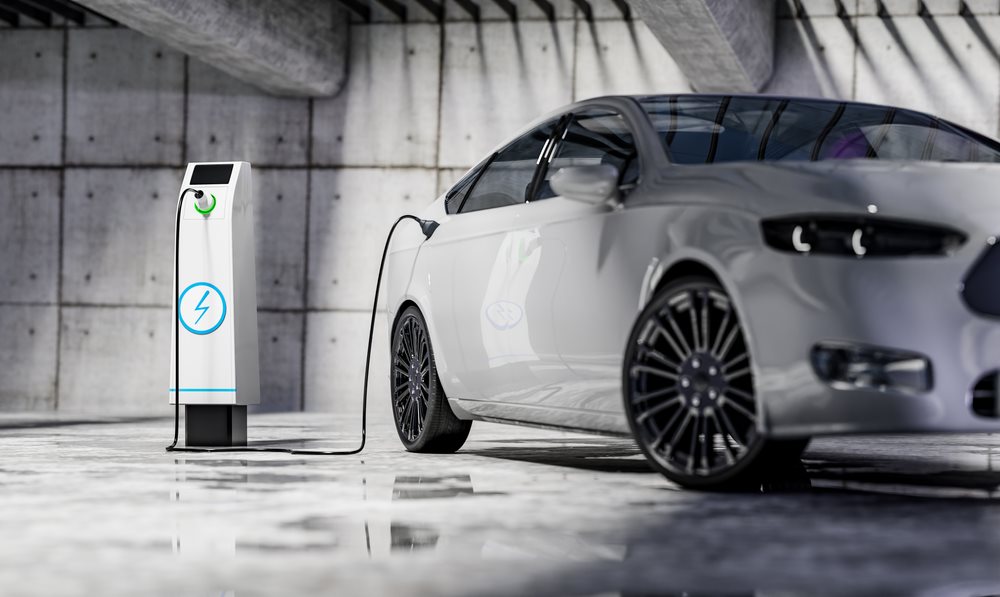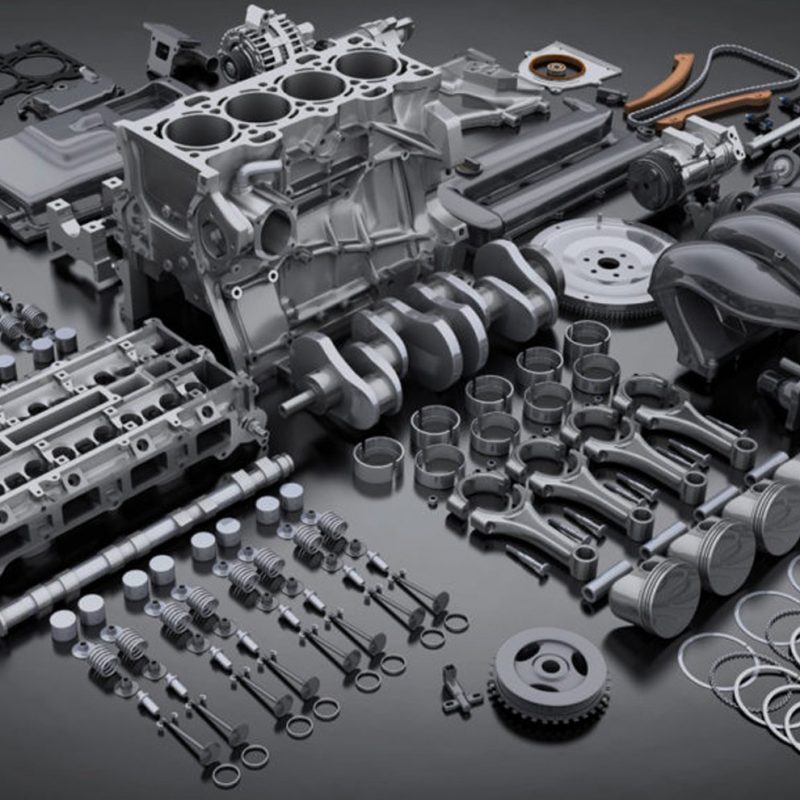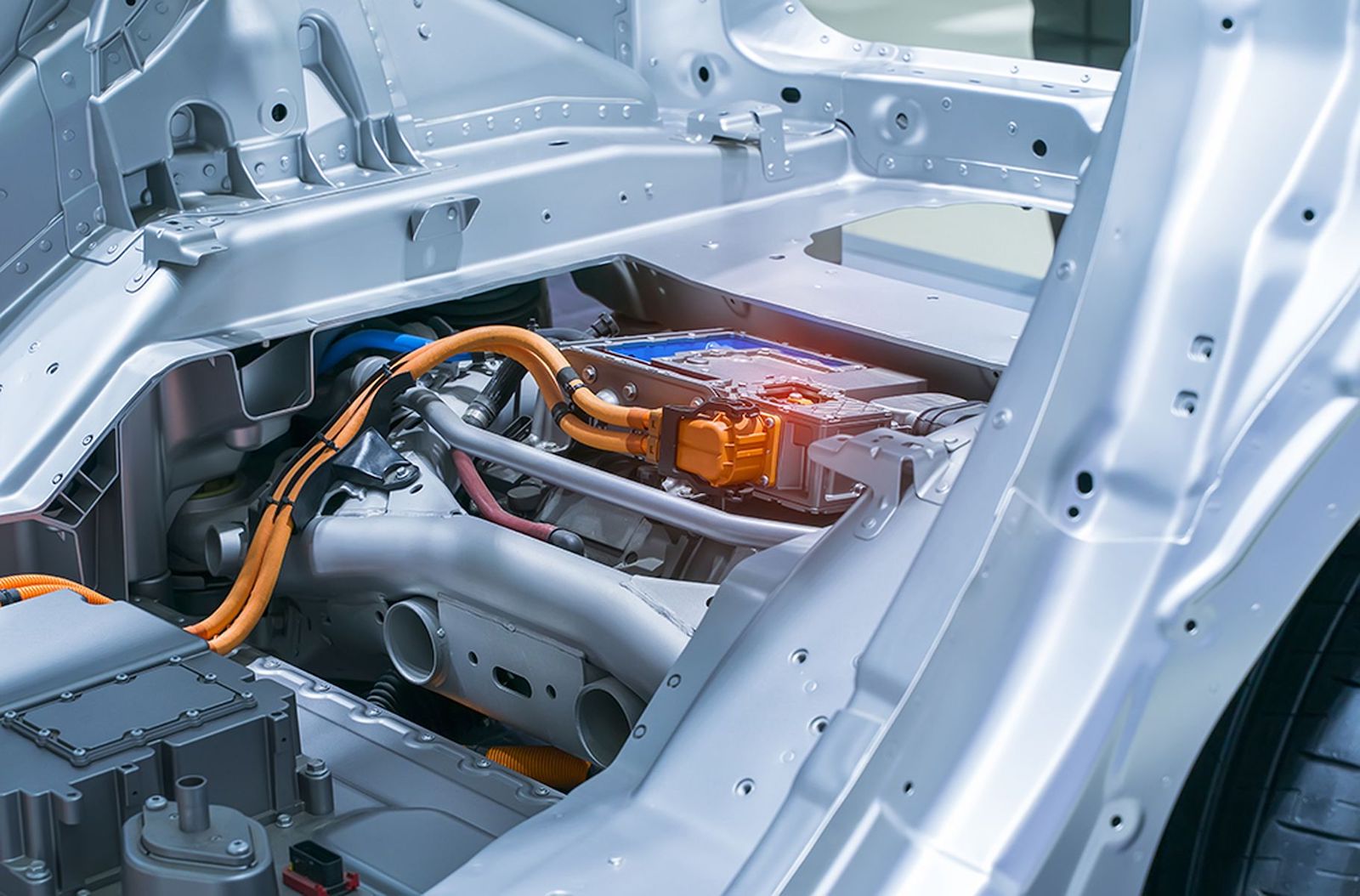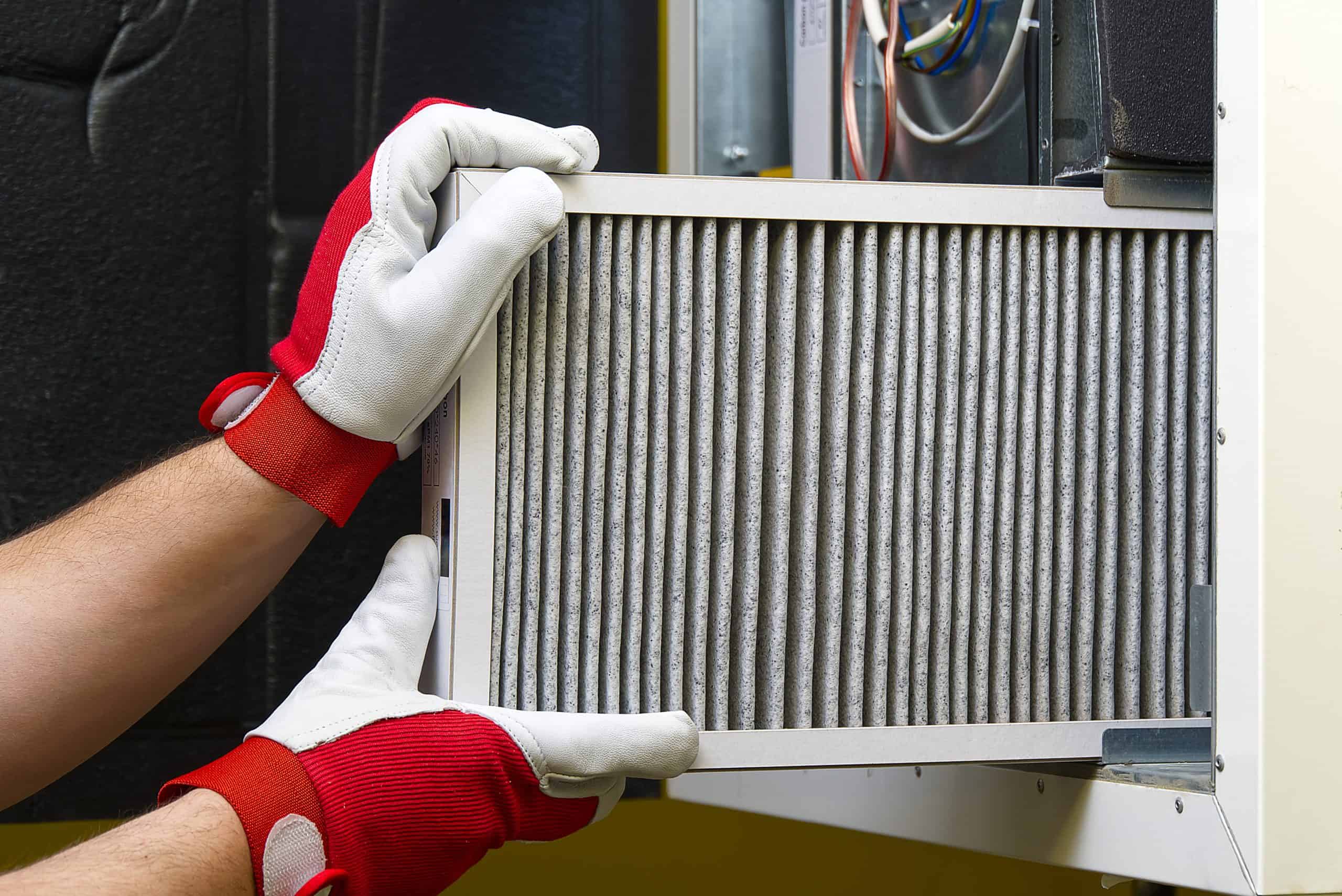The Pros and Cons of Hybrid and Electric Cars
The Pros and Cons of Hybrid and Electric Cars
I. Introduction
Hybrid and electric cars have been gaining popularity in recent years as more and more people become aware of the need to reduce carbon emissions and improve fuel efficiency. These types of vehicles have many benefits, but also have their drawbacks. In this article, we will take a closer look at both hybrid and electric cars, examining their pros and cons and making a comparison between the two. We will also explore the future of these vehicles and discuss which type of car may be more suitable for different types of drivers. This article is meant to provide a comprehensive overview of hybrid and electric cars, and help readers make an informed decision when considering these vehicles as an option.
II. Hybrid Cars
A hybrid car is a vehicle that uses a combination of a traditional internal combustion engine and an electric motor, powered by a battery. The electric motor assists the engine, providing power when needed and recovering energy during braking. This allows the car to operate more efficiently, using less fuel and emitting fewer pollutants.
Pros of Hybrid Cars:
- Improved fuel efficiency: Hybrid cars typically get better gas mileage than traditional gasoline-powered cars, which can save you money on fuel costs in the long run.
- Reduced emissions: Because hybrid cars use less fuel, they emit less pollutants and are better for the environment.
- Regenerative braking: The electric motor in a hybrid car can also act as a generator, capturing energy from the brakes and storing it in the battery. This can help to extend the life of the brake pads and reduce brake wear.
Cons of Hybrid Cars:
- Higher initial cost: Hybrid cars are generally more expensive than their traditional gasoline-powered counterparts.
- Limited range: While hybrid cars can travel further on a single tank of gas than electric cars, their range is still limited compared to traditional gasoline-powered cars.
- Complexity: Hybrid cars can be more complex than traditional gasoline-powered cars, which can make repairs more expensive and difficult.
Hybrid cars are a great choice for people who are looking to reduce their carbon footprint and save money on fuel costs. However, they do come with some drawbacks, including a higher initial cost and limited range. It’s important to weigh these factors and consider how they align with your needs before making a decision.
III. Electric Cars
An electric car, also known as an EV (electric vehicle), is a vehicle that runs entirely on electricity, using a battery to store and supply power to an electric motor. Electric cars produce zero emissions and have a much lower environmental impact compared to traditional gasoline-powered cars. They also have lower operating costs, as electricity is cheaper than gas and there are no oil changes or other routine maintenance required.
Pros of Electric Cars:
- Zero emissions: Electric cars produce no tailpipe emissions, which makes them a more environmentally friendly option compared to traditional gasoline-powered cars.
- Lower operating costs: Electric cars can be cheaper to operate than traditional gasoline-powered cars, as electricity is cheaper than gas and there are no oil changes or other routine maintenance required.
- Quieter: Electric cars are much quieter than traditional gasoline-powered cars, which can make for a more pleasant driving experience.
- Instant torque: Electric cars have instant torque, which means they accelerate quickly and smoothly, offering an exciting driving experience.
Cons of Electric Cars:
- Limited range: Electric cars have a limited range compared to traditional gasoline-powered cars, which means they need to be recharged more often.
- High purchase price: Electric cars are generally more expensive than traditional gasoline-powered cars, which can be a barrier for some buyers.
- Charging infrastructure: While charging infrastructure has improved, it still may not be as widely available as traditional gasoline stations.
Electric cars are a great choice for people who are looking to reduce their environmental impact and save money on operating costs. However, they do come with some drawbacks, including a limited range and high purchase price. It’s important to weigh these factors and consider how they align with your needs before making a decision.
IV. Comparison of Hybrid and Electric Cars
Hybrid and electric cars both offer many benefits, but they also have their own unique set of drawbacks. In order to make an informed decision about which type of car is best for you, it’s important to understand the key differences between the two.
Advantages of Hybrid Cars:
- Improved fuel efficiency
- Reduced emissions
- Regenerative braking
Advantages of Electric Cars:
- Zero emissions
- Lower operating costs
- Quieter
- Instant torque
Drawbacks of Hybrid Cars:
- Higher initial cost
- Limited range
- Complexity
Drawbacks of Electric Cars:
- Limited range
- High purchase price
- Charging infrastructure
When it comes to choosing between a hybrid and an electric car, the decision will depend on your needs and preferences. If you are looking to reduce your carbon footprint and save money on fuel costs, a hybrid car may be the best choice. However, if you want a car that produces zero emissions and has a lower environmental impact, an electric car may be a better option.
For drivers who do a lot of highway driving and travel long distances, an electric car may not be the best choice because of the limited range. In this case, a hybrid car with a larger gas tank and a smaller electric battery might be a more suitable option. On the other hand, for drivers who mostly drive in the city, an electric car might be a better choice as they can recharge their car overnight and the limited range is not such an issue.
Ultimately, the choice between a hybrid and an electric car will depend on your individual needs and preferences. It’s important to carefully consider the pros and cons of each type of car, and think about how they align with your driving habits and lifestyle.
V. Conclusion
Hybrid and electric cars have been gaining popularity in recent years as more and more people become aware of the need to reduce carbon emissions and improve fuel efficiency. These types of vehicles have many benefits, but also have their drawbacks.
In this article, we have discussed the definition and explanation of hybrid and electric cars, as well as their pros and cons. We have also compared the two types of cars and discussed which type of car may be more suitable for different types of drivers.
In summary, hybrid cars offer improved fuel efficiency, reduced emissions, and regenerative braking. On the other hand, electric cars offer zero emissions, lower operating costs, and a quieter and smoother driving experience. However, hybrid cars tend to have a higher initial cost and limited range, while electric cars have a higher purchase price and a limited range as well as a limited charging infrastructure.
The future of hybrid and electric cars is bright, as more and more manufacturers are investing in the development of these vehicles and the technology is improving. Governments are also providing incentives and subsidies to encourage the adoption of these cars. In the future, we expect to see more hybrid and electric cars on the road, and better infrastructure to support them.
In conclusion, whether you choose a hybrid or an electric car, you will be making a more environmentally friendly choice that can save you money on operating costs in the long run. It’s important to weigh the pros and cons of each type of car and think about how they align with your needs and preferences before making a decision.








